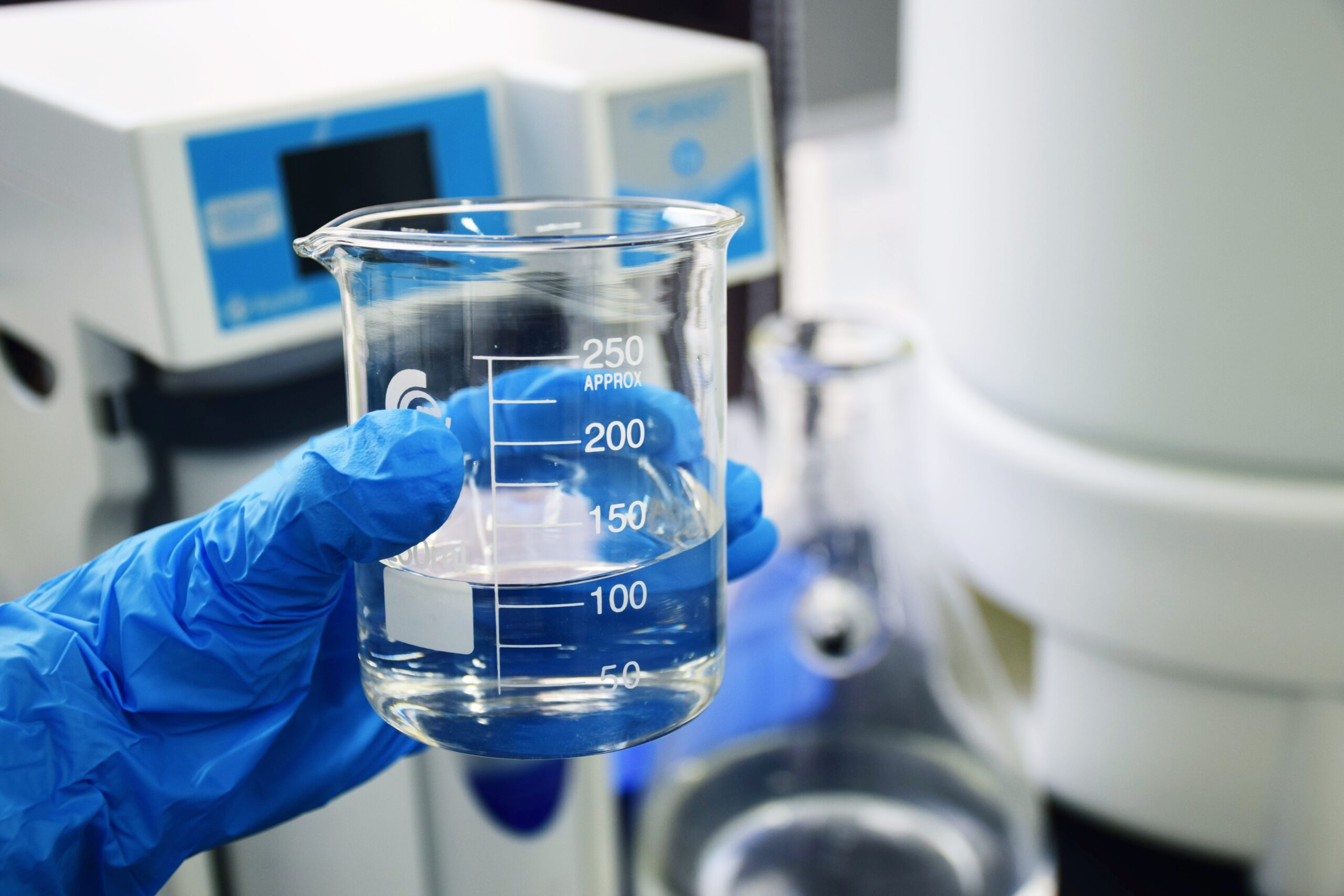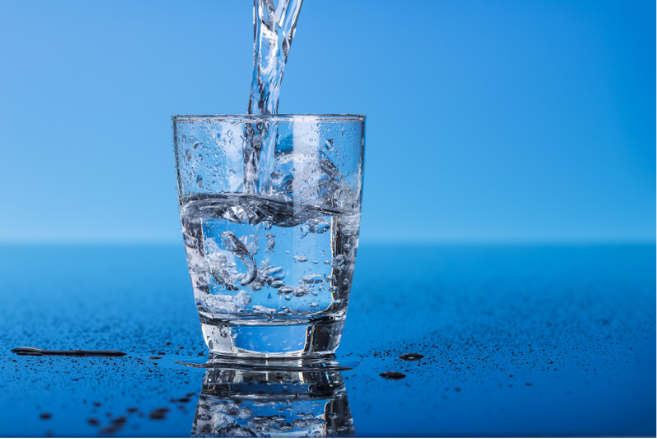Discover the Advantages of Mounting a Water Purification System
Discover the Advantages of Mounting a Water Purification System
Blog Article
Why a Water Purification System Is Necessary for Clean, Safe Water
Accessibility to tidy, secure water is a fundamental human right and a cornerstone of public wellness. The existence of dangerous impurities such as pathogens, hefty metals, and chemical toxins in our water supply elevates significant worries concerning health and wellness and well-being. A water purification system stands as a vital remedy to mitigate these risks, making certain that people and communities can access risk-free alcohol consumption water. Comprehending the intricacies of these systems and their different techniques is important, specifically as we consider the implications for wellness outcomes and ecological sustainability in our lives.
Significance of Tidy Water
Accessibility to tidy water is a basic necessity for human health and wellness and wellness. It is vital for maintaining life, sustaining health, and keeping general public health and wellness. Water Purification System. The accessibility of secure alcohol consumption water considerably lowers the threat of waterborne diseases, which present a substantial hazard to areas worldwide. Infected water can cause serious wellness problems, consisting of gastrointestinal illnesses, cholera, and dysentery, particularly in at risk populations such as children and the elderly.
Additionally, tidy water is essential for sanitation and health practices, which are vital in stopping the spread of transmittable conditions. Sufficient water sustains proper cleanliness facilities, advertising a much healthier setting. In addition, accessibility to secure water influences socioeconomic variables, as it makes it possible for neighborhoods to participate in industrial and agricultural activities, ultimately adding to financial growth.
In several regions, the absence of clean water aggravates poverty and inequality, further impeding progress toward sustainable advancement objectives. Consequently, ensuring accessibility to tidy water is not just a public health necessary but also a keystone for social equity and economic development. Efforts to enhance water high quality and infrastructure have far-ranging advantages, fostering much healthier communities and enhancing high quality of life.

Common Impurities in Water
Making sure the schedule of clean water is undermined by different contaminants that can jeopardize its safety and security and quality. The existence of pathogens, such as germs, infections, and bloodsuckers, presents significant health and wellness threats, specifically in areas lacking appropriate sanitation. These microorganisms can result in waterborne diseases, leading to serious disease or also death.
Chemical impurities additionally present an important problem. Heavy metals, including arsenic, lead, and mercury, often get in water materials with commercial discharges or rusty plumbing. These materials can collect in the body over time, bring about lasting wellness concerns such as neurological damage and developmental conditions.
Additionally, farming drainage introduces pesticides and plant foods right into water systems, which can interrupt ecosystems and negatively impact human wellness. Nitrates, commonly discovered in plant foods, can cause significant conditions like methemoglobinemia, particularly in babies.
Benefits of Water Purification Equipments
Identifying the vital requirement for secure drinking water, water purification systems use a myriad of advantages that improve public health and wellness and ecological sustainability. Mainly, these systems efficiently get rid of unsafe impurities, consisting of microorganisms, viruses, heavy metals, and chemicals, ensuring that the water eaten is without toxins and virus. This decrease in contaminants substantially lowers the risk of waterborne illness, advertising overall community health.
In addition to health and wellness benefits, water filtration systems add to ecological sustainability by decreasing reliance on mineral water, which typically produces too much plastic waste. By utilizing a filtration system, homes can lower their carbon footprint and add to an extra sustainable ecological community. Moreover, these systems can improve the preference and smell of water, making it a lot more palatable for day-to-day consumption.

Various Kinds Of Purification Approaches

One typical method is reverse osmosis, which visit this site right here utilizes a semi-permeable membrane layer to different water from dissolved solids and impurities. This procedure efficiently decreases pollutants, consisting of heavy metals and chemicals. Another widely made use of strategy is ultraviolet (UV) disinfection, which utilizes UV light to counteract viruses and germs, rendering them safe without the usage of chemicals.
Triggered carbon filtering is one more preferred approach, making use of carbon to adsorb organic compounds, chlorine, and unpleasant odors, enhancing taste and odor quality. Distillation, a procedure that involves boiling water and condensing the vapor, effectively gets rid of minerals and pollutants but might need more energy compared to various other techniques.
Ion exchange is frequently used to soften water by changing calcium and magnesium ions with salt or potassium ions. Each approach find more information has its limitations and advantages, making it necessary to recognize their capabilities and effectiveness in addressing specific water quality concerns - Water Purification System. Ultimately, picking the appropriate purification approach is vital for ensuring secure and clean alcohol consumption water
Selecting the Right System
Picking a suitable water purification system calls for careful consideration of numerous aspects, including the details pollutants existing in the supply of water, the quantity of water needed, and the desired purification method. First, it is essential to conduct a water top quality examination to recognize contaminants such as bacteria, hefty steels, or chemical toxins. This information will direct you in picking a system that successfully targets those details impurities.
Following, evaluate your house's daily water consumption to figure out the system's capability. Solutions are readily available in various dimensions, from point-of-use filters for drinking water to whole-house devices that purify all water entering your home.
In addition, take into consideration the purification method that finest fits your demands. Reverse osmosis is very reliable for eliminating a wide range of impurities, while UV purification is excellent for eliminating microorganisms.
Final Thought
In conclusion, the application of water filtration systems is critical for making certain accessibility to safe and clean water. By understanding Learn More Here the significance of tidy water and the benefits of various filtration approaches, areas can make informed decisions to protect their health and wellness and advertise socioeconomic stability.
Recognizing the vital demand for safe drinking water, water filtration systems use a myriad of benefits that boost public health and wellness and environmental sustainability.In addition to health and wellness benefits, water filtration systems contribute to environmental sustainability by reducing reliance on bottled water, which often generates excessive plastic waste. Eventually, the adoption of water filtration systems is an aggressive step towards making certain clean, risk-free water for future generations while safeguarding public wellness and the setting.
Selecting a proper water filtration system requires mindful consideration of various factors, including the details impurities present in the water supply, the quantity of water needed, and the wanted filtration method.In conclusion, the application of water filtration systems is critical for guaranteeing access to tidy and risk-free water.
Report this page